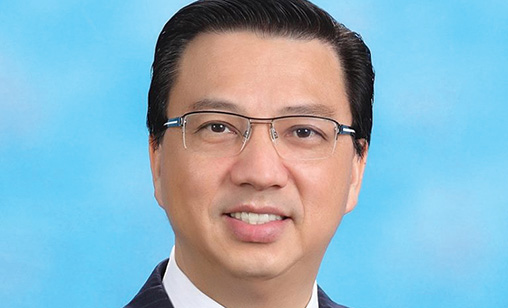Addendum
Malaysia airport operator locks horns with country’s biggest airlines
September 1st 2016
Malaysia’s transport minister, Liow Tiong Lai, is stuck between a rock and a hard place as the country’s two biggest airline groups slug it out with Malaysia Airport Holdings Berhad (MAHB) over fees, charges, airport nomenclature and substandard terminal and runway maintenance. Read More » The most recent flare up was the result of the AirAsia Group’s desire to re-name Kuala Lumpur’s relatively new low-cost terminal, Kuala Lumpur Terminal (KLIA2), as LCCT KL (low-cost carrier terminal Kuala Lumpur). The LCC group want to develop the budget terminal into a regional LCC hub. It is planning to spend US$5 million on a marketing campaign to accelerate its efforts and successfully brand the Kuala Lumpur low-cost terminal as LCCT KL.
 |
MAHB’s managing director, Badlisham Ghazali, who also is the chairman of Kuala Lumpur International Airport (KLIA), opposes the name change. He believed it confused passengers and eroded KLIA’s strategy of operating both terminals as a singled, integrated hub.
Last month, a compromise, although probably an unworkable one, was revealed. Liow said KLIA2 should not have a name change, but that the budget carrier group would be allowed to market it as LCCT. “They (AirAsia Group) can brand and promote it and attract more people to fly into KLIA2,” he said.
That’s not the end of Liow’s woes. Peter Bellew, the new boss of Malaysia Airlines Berhad (MAB), wants airport passenger service charges to be levied at the same rate at KLIA and KLIA2, “Charges for international passengers at KLIA are US$8.25 more per person than at KLIA2. It is totally unfair and completely anti-competitive,” he said. For MAB to become profitable it needed “a competitive set of charges at our home base” that would protect workers’ jobs and create new jobs, Bellew told Malaysia media. The Association of Asia-Pacific Airlines and the International Air Transport Association (IATA) wrote to MAHB to object to the difference in charges at the two terminals. IATA said a solution should be sought that would be “revenue neutral to the airport operator” and did not discriminate between users of KLIA and KLIA2.